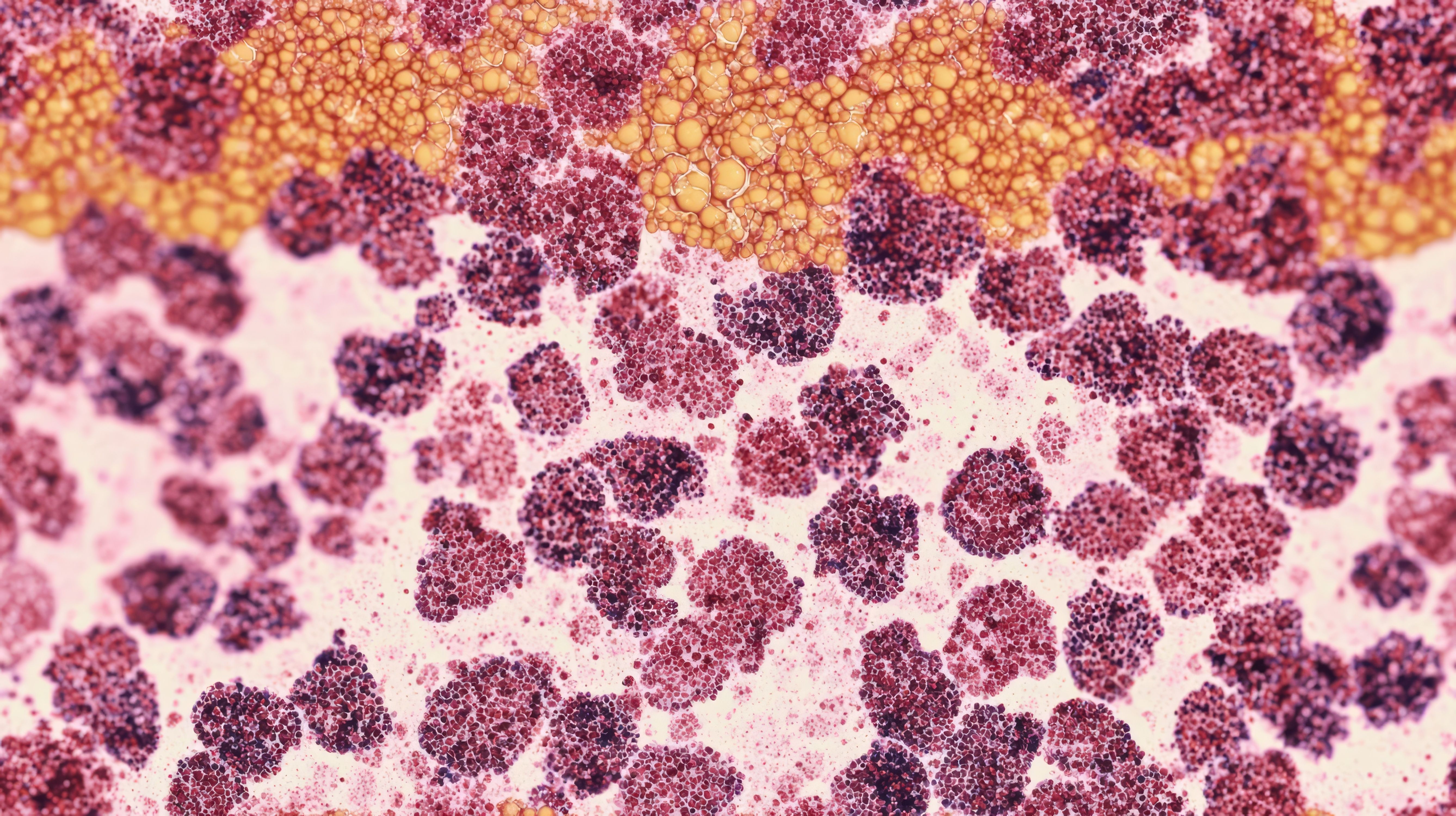Article
Prehistoric Molecular Code Offers New Insight on Cancer Cell Migration
Author(s):
Researchers find mechanism that enables cells to migrate in a specific tissue.
A study published in the online journal Nature Structural and Molecular Biology reported the discovery of an undescribed protein sequence critical to cell motility regulation.
"Cell motility is essential for all life,” said lead researcher and University of Turku professor, Johanna Ivaska. “In humans it plays a vital role from embryonic development to inflammation, immune responses and wound healing in adults. Furthermore, in cancer cell migration facilitates the metastatic dissemination."
The protein sequence in adhesion receptors are called integrins. These are a family of proteins that consist of alpha and beta subtypes, which function by attaching the cell cytoskeleton to the extracellular matrix and sensing if adhesion had occurred.
"Cell motility is essential for all life. In humans it plays a vital role from embryonic development to inflammation, immune responses and wound healing in adults. Furthermore, in cancer cell migration facilitates the metastatic dissemination," said University of Turku Academy Professor Johanna Ivaska.
Scientists have always known that human cells require adhesion receptors to be recycled in order to allow for cell motility, but they were unaware of the grounds for specific regulation in different environments in the body.
This molecular code predates dinosaurs and is a functional part of our bodies today. With this code, researchers are able to explain how cells can tweak their migration from different tissues on a molecular level.
"Our new observation demonstrate for the first time the mechanism which enables cells to specifically turnover their adhesions to migrate in a specific tissue,” Ivaska said. “The ancient mechanisms remains today vital for human health and plays a role in pathological situations like chronic inflammation, some autoimmune diseases and cancer.”
Newsletter
Stay informed on drug updates, treatment guidelines, and pharmacy practice trends—subscribe to Pharmacy Times for weekly clinical insights.




